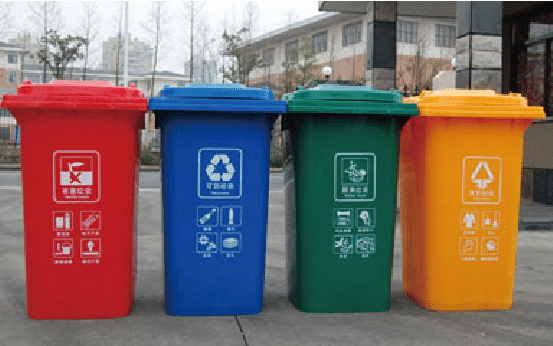Kenya is taking a bold step towards sustainable waste management with the introduction of the Sustainable Waste Management Act, compelling every household to sort their waste into three categories or face punitive measures.
Under this groundbreaking Act, households must maintain a minimum of three dustbins, each designated for the separation of waste into dry, organic, and hazardous categories.
Failure to adhere to these regulations is deemed an offense, punishable by a fine of up to Ksh20,000 or imprisonment for a period not exceeding six months, or both, as stipulated in the Act.
During a recent interview on TV 47, James Odongo, the Chief Administrative Officer at Kenya Extended Producer Responsibility Organisation (KEPRO), shed light on the Act's objectives. He emphasized the necessity of this legislation in response to a shift in Kenya's economic model, aiming to transition from a linear economy to a circular one.
Odongo asserted, "We are trying to move away from a linear economy to a circular economy. That can only be achieved through the realization of a recycling economy as an intermediary."
In order to establish a thriving recycling economy, Kenya recognizes the critical role of source-level waste segregation, beginning with households. Although numerous manufacturing companies have started implementing the Act, they face challenges in obtaining sufficient quantities of high-quality waste due to inadequate sustainable waste disposal practices.
The Act firmly mandates every household to segregate waste into dry, organic, and hazardous categories, extending these requirements to waste service providers as well.
Furthermore, Kenyans are only allowed to dispose of their sorted waste through licensed waste service providers or designated collection points. County governments are entrusted with the responsibility of developing, managing, and maintaining these designated disposal sites and landfills.
Additionally, counties are tasked with maintaining a comprehensive registry of all waste service providers operating within their jurisdiction. This sweeping legislation marks a significant leap toward a more sustainable and environmentally responsible future for Kenya.

